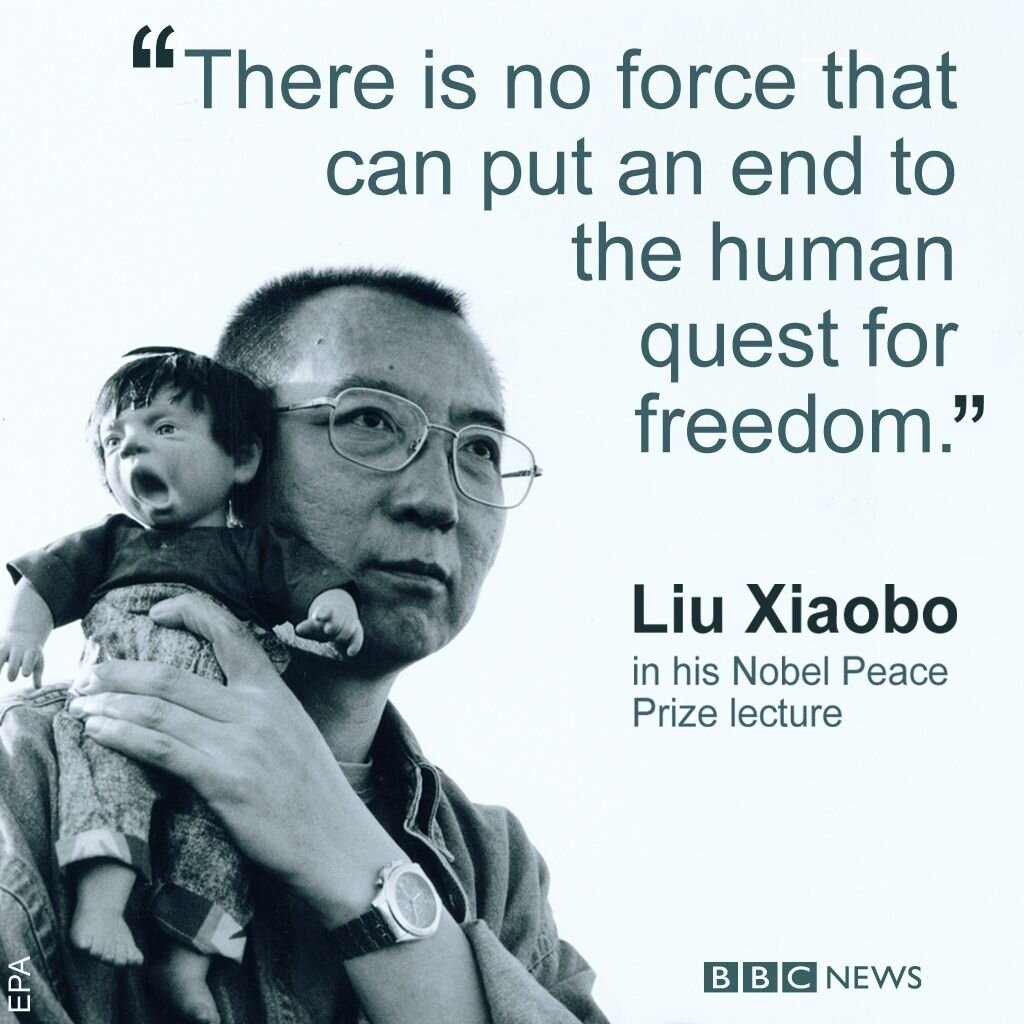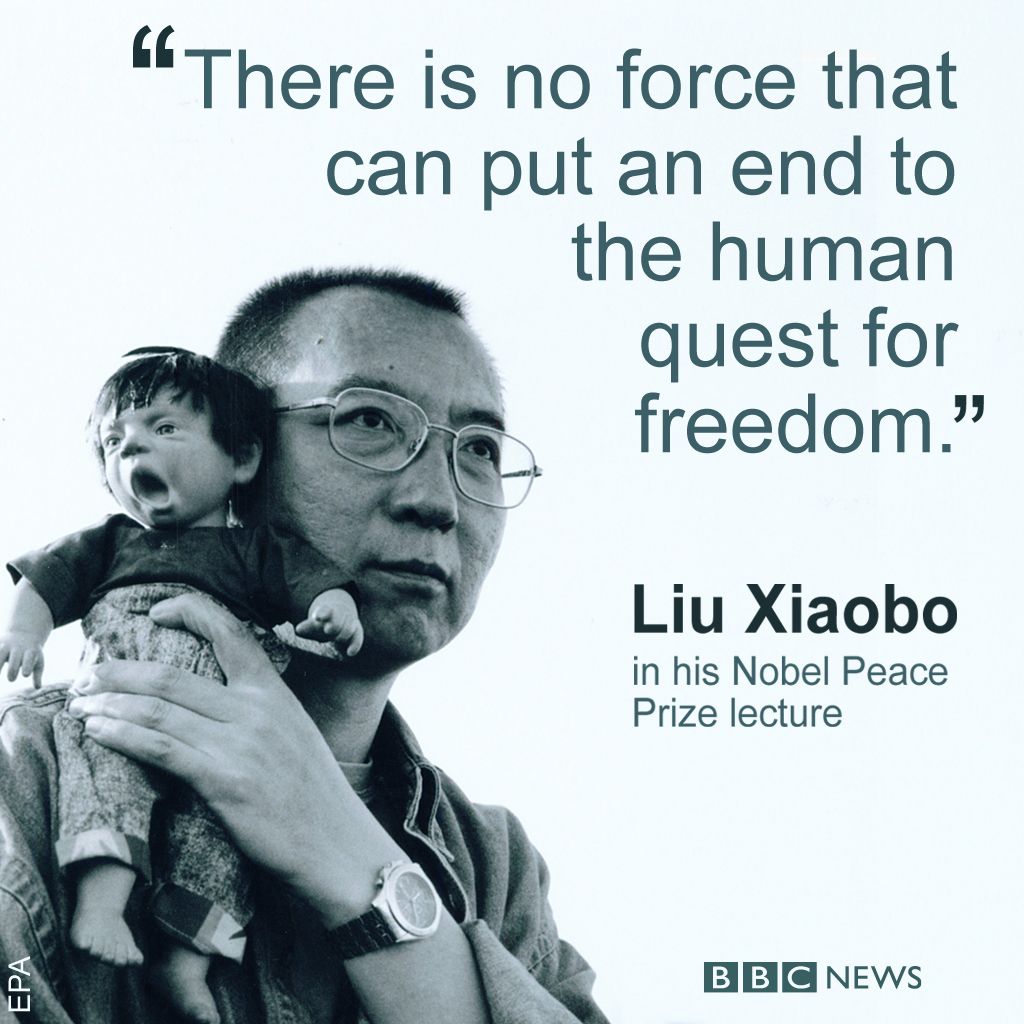
US State Department: The Elements of the China Challenge
This new report from the US State Department is of fundamental importance in setting out how the US State Department considers that nation should respond to the threats posed by China. Key message is that “freedom” is the objective. The united approach which Republicans and Democrats have taken in addressing these threats should encourage all who believe in democracy to unite with them. Below is an extract from the Executive Summary:
First, the United States must secure freedom at home by preserving constitutional government, promoting prosperity, and fostering a robust civil society, all of which nourish the civic concord that has always been essential to meeting the nation’s challenges abroad.
Second, the United States must maintain the world’s most powerful, agile, and technologically sophisticated military while enhancing security cooperation, grounded in common interests and shared responsibility, with allies and partners.
Third, the United States must fortify the free, open, and rules-based international order that it led in creating after World War II, which is composed of sovereign nation-states and based on respect for human rights and fidelity to the rule of law.
Fourth, the United States must reevaluate its alliance system and the panoply of international organizations in which it participates to determine where they fortify the free, open, and rulesbased international order and where they fall short.
Fifth, in light of that reevaluation, the United States must strengthen its alliance system by more effectively sharing responsibilities with friends and partners and by forming a variety of groupingsand coalitions to address specific threats to freedom while, in cooperation with the world’s democracies and other like-minded partners, reforming international organizations where possible and, where necessary, building new ones rooted in freedom, democracy, national sovereignty, human rights, and the rule of law.
Sixth, the United States must promote American interests by looking for opportunities to cooperate with Beijing subject to norms of fairness and reciprocity, constraining and deterring the PRC when circumstances require, and supporting those in China who seek freedom.
Seventh, the United States must educate American citizens about the scope and implications of the China challenge because only an informed citizenry can be expected to back the complex mix of demanding policies that the United States must adopt to secure freedom.
Eighth, the United States must train a new generation of public servants — in diplomacy, military affairs, finance, economics, science and technology, and other fields — and public policy thinkers who not only attain fluency in Chinese and acquire extensive knowledge of China’s culture and history, but who also attain fluency in the languages, and acquire extensive knowledge of the cultures and histories, of other strategic competitors, friends, and potential friends.
Ninth, the United States must reform American education, equipping students to shoulder the enduring responsibilities of citizenship in a free and democratic society by understanding America’s legacy of liberty and also preparing them to meet the special demands of a complex, information-age, globalized economy for expertise in science, technology, engineering, and mathematics. Tenth, the United States must champion the principles of freedom — principles that are at once universal and at the heart of the American national spirit — through example; speeches; educational initiatives; public diplomacy; foreign assistance and investment; sanctions in more difficult circumstances as well as other forms of non-military pressure; and, where the nation’s vital interests are at stake and all else has failed, military force.
Grounded in America’s founding principles and constitutional traditions; invigorated by a bustling economy; undergirded by the world’s best-trained and best-equipped military; served by government officials who understand the American people and the American political system, recognize the diversity and common humanity of the peoples and nations of the world, and appreciates the complex interplay of ideas and interests in foreign affairs; and fortified by an informed and engaged citizenry — this multi-pronged approach will enable the United States to secure freedom.



